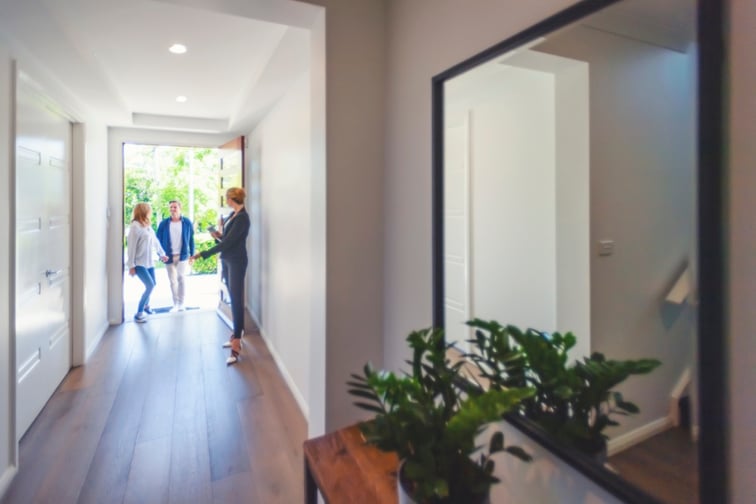

Fresh data from Commonwealth Bank’s Household Spending Intentions (HSI) series has revealed the establishment of a trend that carries interesting ramifications for the wider economy.
The series provides “forward-looking” insight by analysing customer behaviour from CBA’s transactions data, as well as household spending intentions from Google Trend searches, spanning across seven key household sectors in Australia: home buying, retail, travel, education, entertainment, motor vehicles, and health and fitness.
For a second consecutive month, the “sustained and solid” upward trend in home buying intentions is translating into higher motor vehicle spending intentions; this is significant as it's the form of spending most sensitive to changes in consumer wealth, according to RBA research.
“While the headline home buying intentions data eased back a little in January, the solid upward trend remains in place and there are now more signs this improvement may translate into stronger motor vehicle spending intentions – off a very low base,” explained CBA chief economist Michael Blythe.
“A positive wealth effect could spill over into other parts of consumer spending as well.”
Speaking to Australian Broker earlier this month, financial analyst Martin North explained the crucial impact a positive wealth effect can have on the economy, and its inextricable link to the housing market.
“The Reserve Bank and Treasury both want [home] prices to rise to create the wealth effect. If people feel more wealthy, which they generally do as prices rise, they go and spend more. Trying to bring prices higher is really the only lever they’ve got," he said.
In addition to the positive wealth effect that could help consumer activity, the HSI reading also indicated further gains in dwelling prices and a turn in the residential construction cycle.
While retail, health and fitness, and entertainment spending intentions are trending steady, the lack of growth is likely tied to the summer bushfires and the policy response to the coronavirus.
